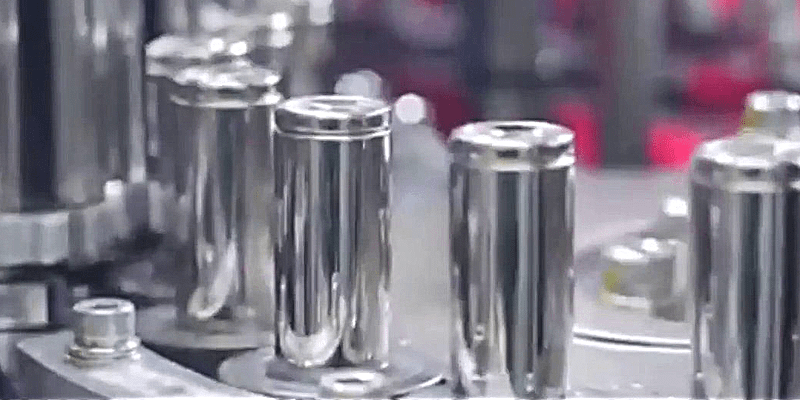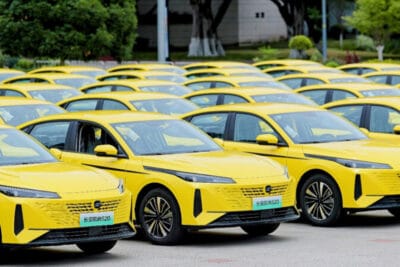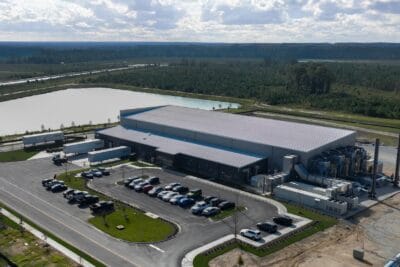Tesla researchers present battery with 2 million mile lifecycle
Tesla battery researchers around Jeff Dahn have presented updated test results for their battery cells. Instead of one million miles, the batteries are now expected to last 10,000 cycles and provide traction power for more than two million miles – that’s about 3.2 million kilometers.
Electrek refers to a lecture by Jeff Dahn, published on YouTube, in which the head of the Canadian Battery Research Institute presented new results from his work on particularly durable battery cells. With “special additives”, the batteries should be able to withstand 10,000 cycles. Assuming a relatively conservative 350 kilometer range per cycle (i.e., a full charge from 0 to 100 percent), this would be 3.5 million kilometers. Whether 3.2 or 3.5 million kilometers: the one million miles or 1.6 million kilometers announced in September 2019 seem to be clearly surpassed.
If the cells were treated more carefully, i.e. if the complete charge stroke from 0 to 100 percent were not used, the cells should even last 15,000 cycles, according to Dahn. In fact, graphs published by Electrek from the lecture show a much more constant cell capacity over 10,000 cycles with a charge stroke from 0 to 80 per cent than with a charge stroke of 0-90 per cent or 0-100 per cent.
If the batteries were only discharged by 25 to 50 per cent of their capacity, they would show almost no degradation. This is a charge level range that many electric car drivers use in practice – the battery is rarely discharged to less than 20 per cent, on the other hand, it is rarely charged over 80 per cent.
In view of such range and degradation figures, Dahn himself raises the question whether batteries are needed that are so good. He quickly answers this question himself with “yes”, and he does not only justify with the permanent use of possible robotics. For one thing, such durable batteries would not have to be recycled after use. He claims since they are as good as new, they could simply be installed in a new car after use in the first car after it has been scrapped. On the other hand, they could be used in vehicles with higher requirements, such as commercial vehicles and electric ferries.
In addition, batteries that do not suffer from frequent charge-discharge cycles could also be better integrated into the power grid and stabilize the grid – not only as stationary storage devices, but also in the vehicle. Tesla was rather reserved on the subject of bi-directional charging with reference to battery life. However, in May there were rumors that Tesla was preparing a bidirectional charging function. It remains to be seen whether Dahn’s research has contributed to the possible rethink.
Meanwhile, there is a report from China that Tesla is planning an innovation center in Hainan province. There, research and development on technologies for batteries for electric cars and stationary energy storage systems is to be promoted.
electrek.co, gasgoo.com (innovation centre)





6 Comments